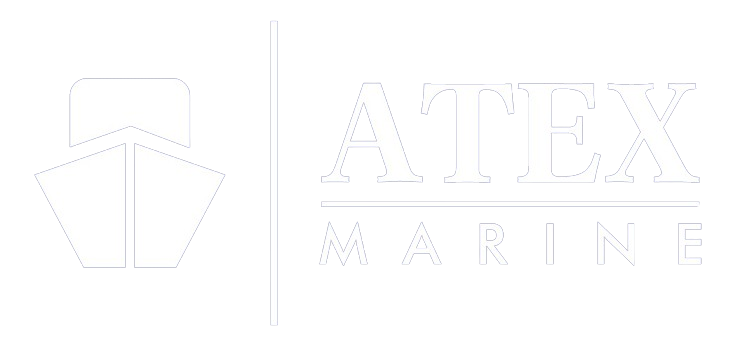AUTOMATION
Understanding Marine Oily Water Separators
Marine Oily Water Separators (OWS) are vital onboard equipment designed to remove oil and other contaminants from ship and offshore platform wastewater before discharge into the sea. These separators play a crucial role in environmental protection and regulatory compliance by ensuring that discharged water meets stringent pollution control standards. This guide explores the key aspects of marine oily water separators and addresses frequently asked questions about their operation, maintenance, benefits, and regulatory requirements.
What are Marine Oily Water Separators?
Marine Oily Water Separators are mechanical devices used to separate oil and suspended solids from wastewater generated onboard ships and offshore installations.
Benefits of Marine Oily Water Separators
Implementing marine oily water separators offers several advantages:
- Environmental Protection: Prevents oil and contaminants from polluting marine ecosystems during wastewater discharge.
- Regulatory Compliance: Helps vessels comply with international maritime regulations such as MARPOL Annex I, which governs oily water discharge limits.
- Operational Efficiency: Reduces the risk of fines and penalties associated with non-compliance while maintaining operational efficiency.
- Cost Savings: Minimizes disposal costs by treating wastewater onboard and reducing the volume of oil-contaminated waste.
- Safety and Reputation: Enhances vessel safety and corporate reputation by demonstrating environmental responsibility.
10 Frequently Asked Questions (FAQs) about Marine Oily Water Separators
| FAQ | Answer |
|---|---|
| What is a marine oily water separator? | It is a device used onboard ships and offshore platforms to separate oil and solids from wastewater before discharge into the sea. |
| How does an oily water separator work? | It uses physical and chemical processes such as coalescence, filtration, and gravity separation to remove oil and contaminants from wastewater. |
| Why are oily water separators important? | They prevent pollution by ensuring that discharged wastewater meets environmental standards for oil content. |
| Are oily water separators mandatory? | Yes, MARPOL Annex I requires vessels over a certain size to have certified oily water separators to regulate discharge limits. |
| What are the key components of an oily water separator? | Components include coalescers, filters, pumps, monitoring sensors, and alarms to ensure effective operation and compliance. |
| How often should an oily water separator be serviced? | Regular maintenance and servicing are required according to manufacturer guidelines and regulatory requirements to maintain performance and certification. |
| Can an oily water separator handle different types of contaminants? | Yes, separators can be configured to handle various contaminants, including oil, grease, solids, and emulsions, depending on the treatment capacity and design. |
| What are the consequences of non-compliance with oily water discharge regulations? | Non-compliance can lead to fines, vessel detention, or legal action, damaging the vessel’s reputation and incurring significant financial penalties. |
| How can crew members ensure proper operation of an oily water separator? | Training in operation procedures, regular inspections, and adherence to maintenance schedules are essential to ensure effective and compliant operation. |
| Can modern oily water separators integrate with vessel management systems? | Yes, integration with vessel management systems allows for automated monitoring, data logging, and reporting of separator performance and compliance. |
Conclusion
Marine Oily Water Separators are critical for maintaining environmental sustainability and regulatory compliance in maritime operations. By effectively removing oil and contaminants from wastewater before discharge, these systems protect marine ecosystems and ensure vessel operations meet international standards. Understanding their functions and addressing common questions can help maritime professionals optimize the performance and compliance of oily water separators onboard.
